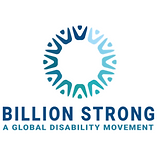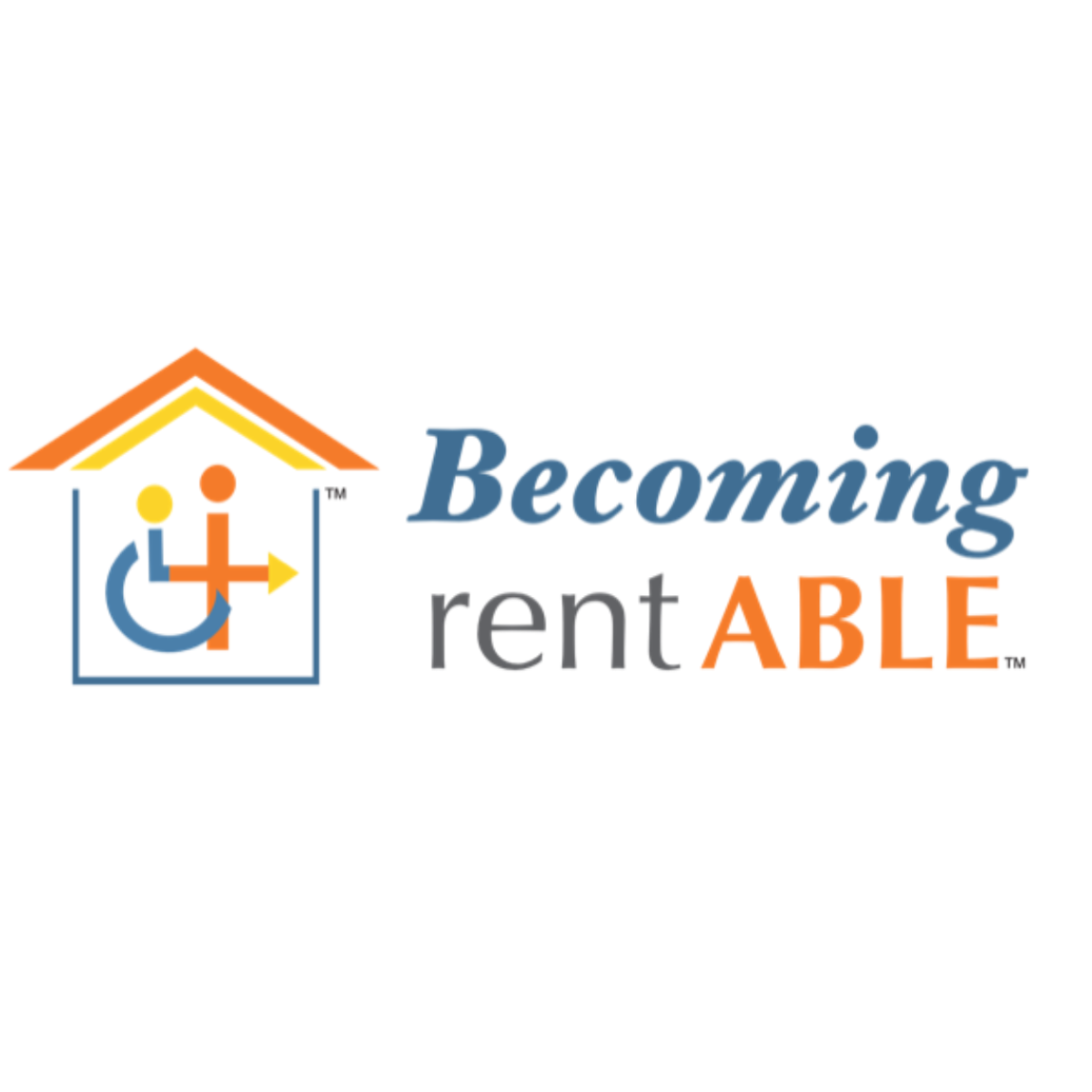10 Practical Tips for Parents Navigating Childhood Dementia

When childhood dementia enters your world, it doesn’t knock gently.
It crashes in, quietly at first.
Then, suddenly, everything changes.
You’re no longer just parenting. You’re navigating seizures, regression, endless doctor visits, and heartbreaks you never imagined.
But you’re not alone.
And while there’s no roadmap for this journey, there are ways to find your footing.
This post brings together expert insights, powerful stories, and 10 deeply compassionate, practical tips to support you and your child through one of life’s most difficult diagnoses.
Let's begin.
The heartbreak behind the diagnosis
In 2023, ABC News introduced us to Rory—a music-loving little boy from Victoria.
Around age 3, his parents noticed small changes: a stumble here, a missed word there.
His mother started noticing he was struggling to put sentences together, and certain words just wouldn’t come out right, By the time he reached primary school, it was clear, Rory was falling behind.
And still, it took more than a year to get an answer.
And just like that, Rory was diagnosed with Sanfilippo syndrome, a form of childhood dementia.
His parents described it as a “slow goodbye.”
“You go through this grief while your child is still here,” said his father, Peter.
This is the invisible reality for thousands of families.
You see, childhood dementia affects 1 in 2,900 children—more than people realise.
And yet, awareness remains dangerously low.
So, where do you start?
I've collected 10 tips that can support you and lighten the load.
Ready?
10 Tips for parents navigating childhood dementia
1. Trust Your Gut—Even When It’s Whispering
You don’t need to wait for something dramatic. If something in your child’s development feels “off” like, language loss, balance changes, and behavioural shifts, listen. Advocate. Keep asking questions. Keep pushing.
2. Request comprehensive genetic testing
Many childhood dementia disorders stem from specific gene mutations and while a genetic diagnosis won’t fix everything it opens the door to tailored care, clinical trials, and, community support.
3. Build a care team you trust
From neurologists to physiotherapists, a team is essential, so find professionals who see your whole child, not just the diagnosis, and who treat you as part of the team, not a passive observer.
4. Use routine to create comfort
When the world becomes unpredictable, a routine can feel like a hug. A gentle, predictable rhythm of meals, play, rest, and therapy offers children emotional security, even as their abilities shift.
5. Prioritize joy over progress
Forget milestones and collect moments. Turn up the music. Paint with fingers. Lie in the grass. Savour the giggles. These aren’t “extras”, they’re medicine for the soul and these precious memories with guide and support you.
6. Let yourself grieve (over and over again)
The brutal truth is, this journey holds layer upon layer of loss. You may grieve the diagnosis, the skills that disappear, and the future you imagined.
That grief is real. Let it out. Talk to a therapist. Scream in the car.
You don’t have to “stay strong." You just have to stay human.
7. Find (or build) your village
Connect with others walking this road. Join a Facebook group. Email a family on the Childhood Dementia Initiative site. Ask your local children’s hospital about rare disease meetups.
Because it’s not about answers, it’s about not feeling so alone.
8. Access every resource you can
There’s no prize for doing this alone. From respite care to grants, counselling and advocacy groups, there is support out there.
9. Learn to speak the language of advocacy
Be relentless for your child. Challenge policies. Ask for extra support at school. If a doctor brushes you off, ask again, and make your voice louder. And when you’re tired, let someone else carry the torch for a bit.
10. Keep hope on the table
Hope doesn’t mean pretending everything’s fine. It means believing in better days, in meaningful moments, and in the power of research, community, and love.
For example, Australia recently added new conditions to its newborn screening program thanks to parent advocacy. Your voice matters.
Advocate for awareness and action
The reality is, childhood dementia is still under the radar for many.
Doctors, lawmakers, and even the public are still unfamiliar with the condition.
And, it's that lack of awareness that leads to delays in diagnosis, misdiagnoses, and a general sense of invisibility for families who are already struggling.
But you have the power to change that.
You have the power to show the world that childhood dementia is not a rare, isolated issue, but a cause that deserves urgent attention.
Every time you speak up, sign a petition or share a story, you’re making a difference. Your voice, and your story, can inspire real change.
So don’t underestimate the power you have to make the world see the urgency of childhood dementia.
Together, we can push for better care and brighter futures for all kids impacted.
Join campaigns like Dementia Strikes Children Too, and share petitions pushing for research funding and better screening.
Because your voice matters.
Helpful Resources for Parents
| Resource | Description |
|---|---|
| Childhood Dementia Initiative | Education, advocacy, and community support for affected families. |
| Sanfilippo Children’s Foundation | Information, research updates, and family stories. |
| CanTeen | Support for young carers and family members of seriously ill children. |
| Batten Disease Support and Research Association | Specialized help for families affected by Batten Disease. |
| Hand in Hand Parenting | Emotional tools for overwhelmed parents. |
| Change.org Petition | Sign and share to push for more funding and screening in Australia. |






